Grace and Freedom in the Patristic Tradition of the Fourteenth Century
The author investigates the problem of the relationship between God's grace and human freedom in the light of a unitary patristic tradition. The patristic tradition of the fourteenth century is unitary in regard to this concrete problem to which we limit our research, because there is unity of theological approach despite the differences in theological terminology used by hesychasts and Cabasilla. Therefore, given that the dogmatic teaching of the fourteenth-century Fathers concerning the relationship between God's grace and human freedom has not been examined in depth to this day, the author assumes an attempt to research this teaching, seeking to highlight the soteriological importance of divine grace in connection with human freedom. The topic of this study is structured in three chapters. The first chapter discusses the divine grace and freedom of man individually, and further explores the relationship that can develop between them. The second chapter examines the...
Other books from Patristica - Studies series
- 55 LEI
- 45 LEI
- 71 LEI
- 34 LEI
- 49 LEI
- 29 LEI
- 39 LEI
Customers Also Bought
- 18 LEI
- 25 LEI
- 57 LEI
- 60 LEI
- 106 LEI


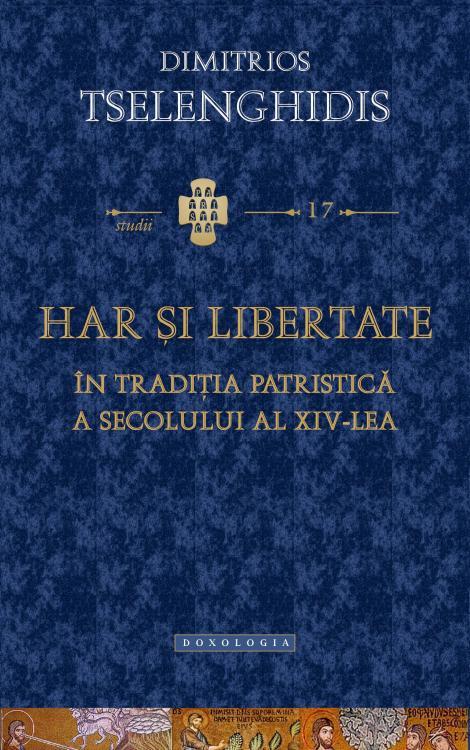
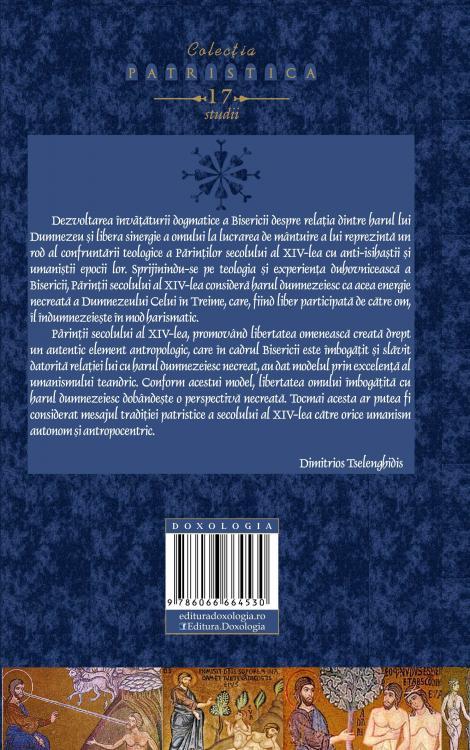
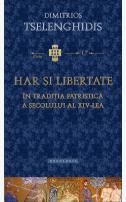
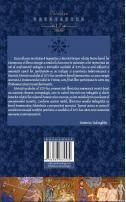

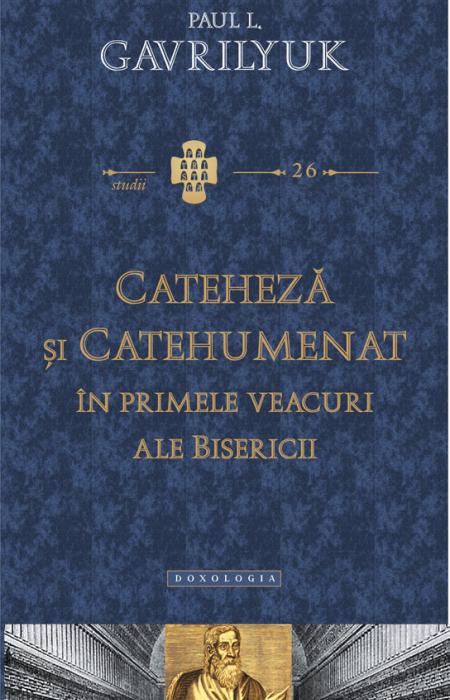
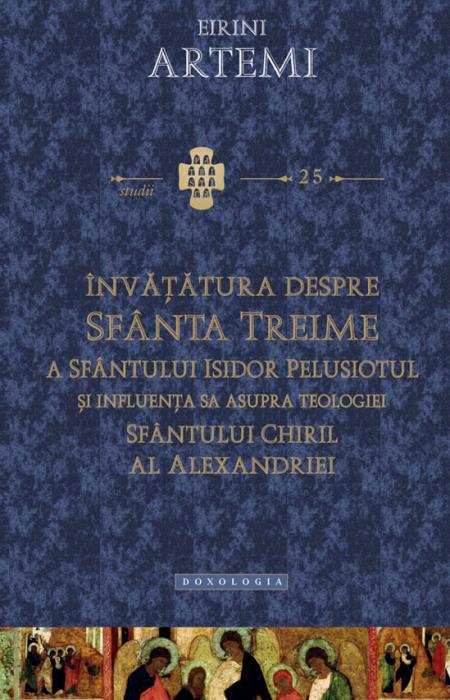
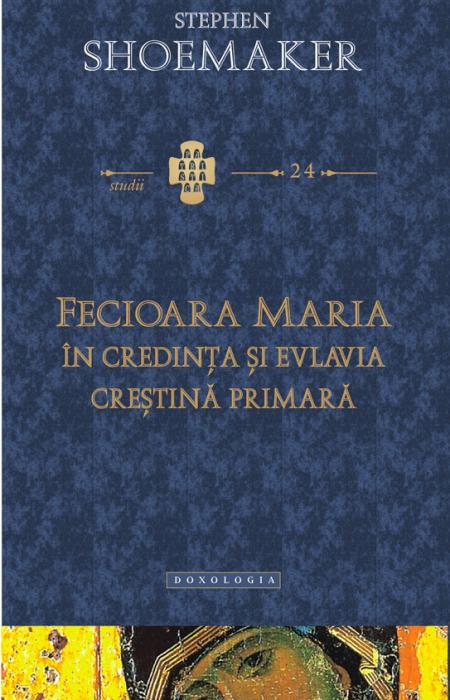
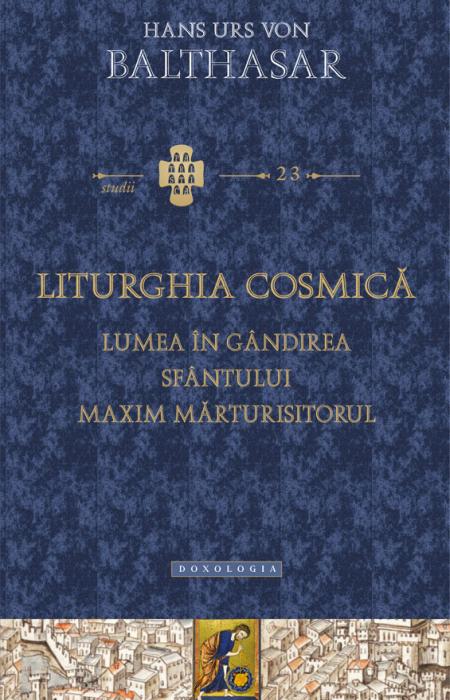
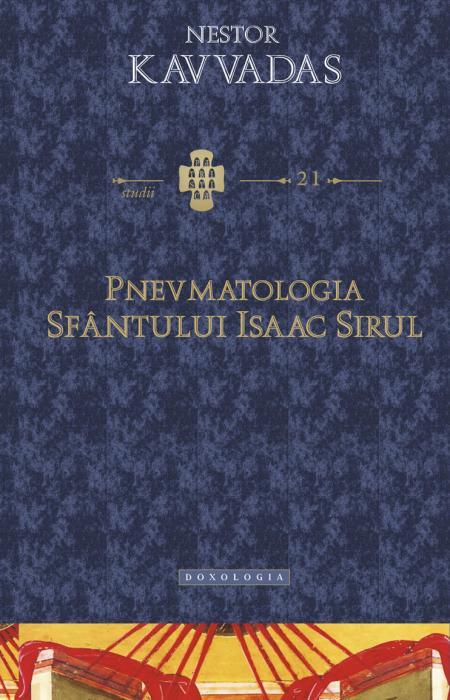
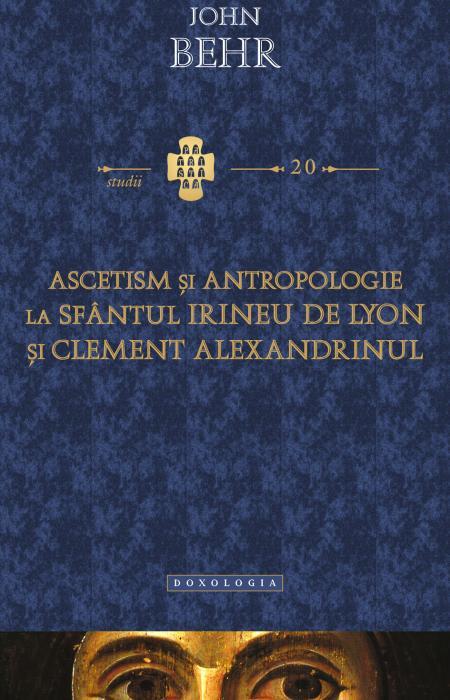
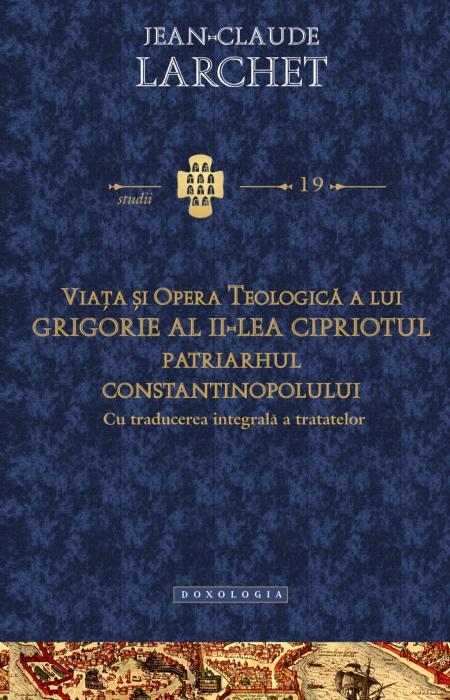
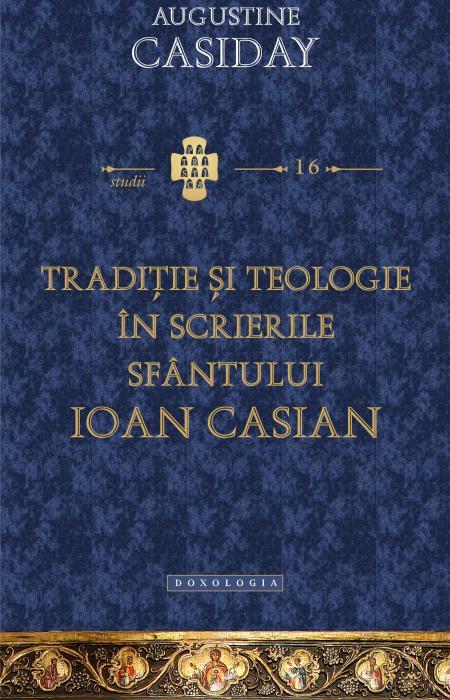
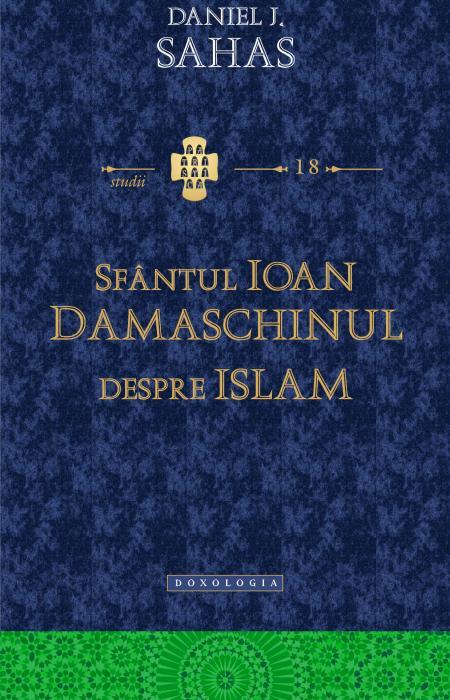
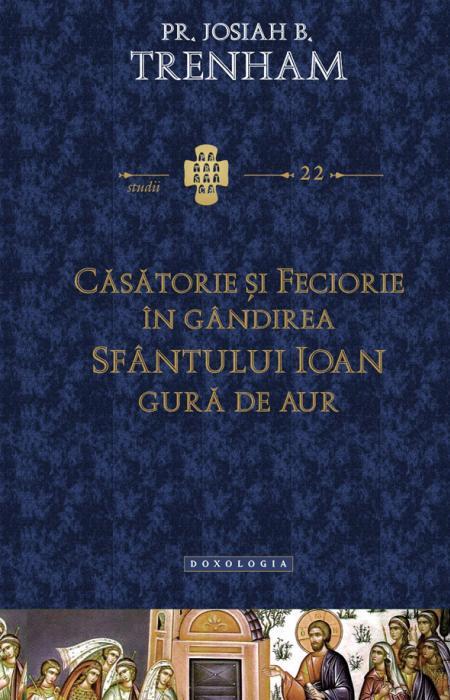

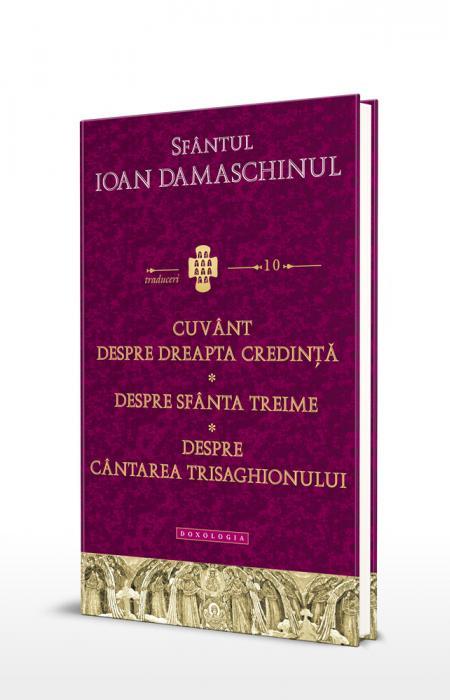
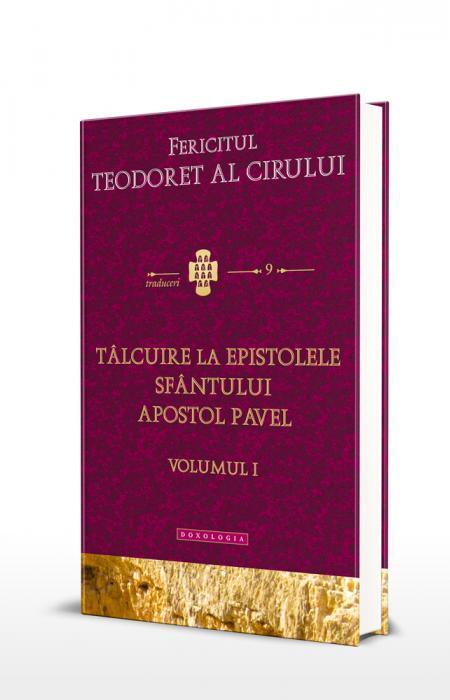
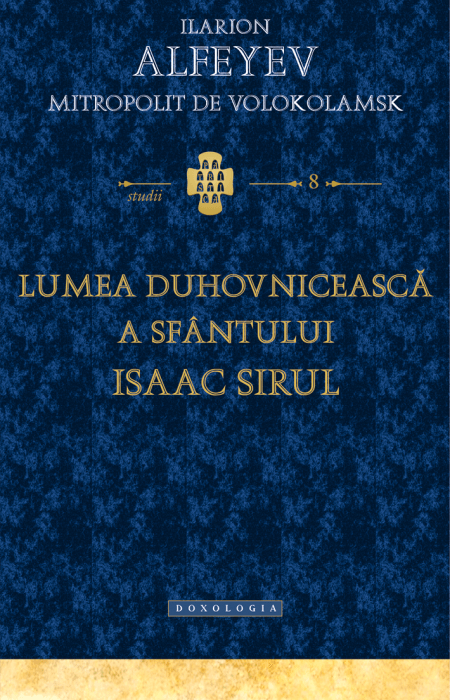
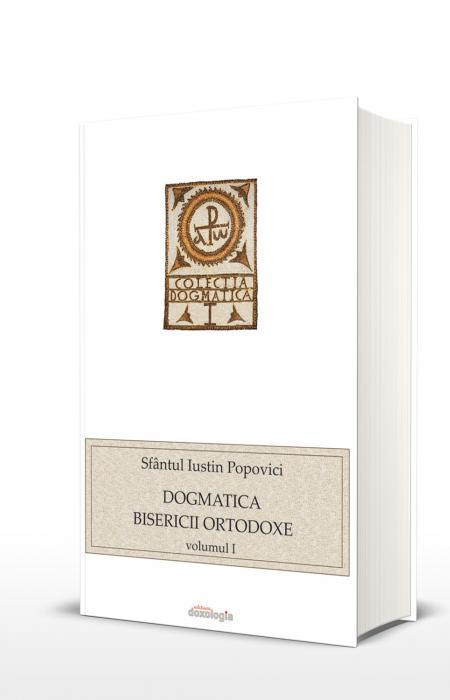

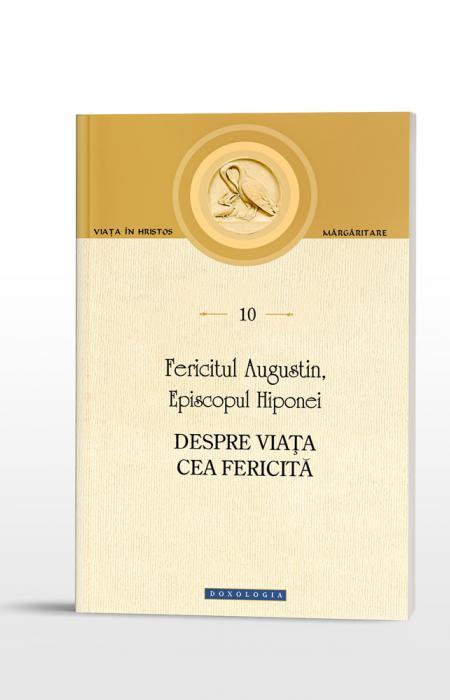
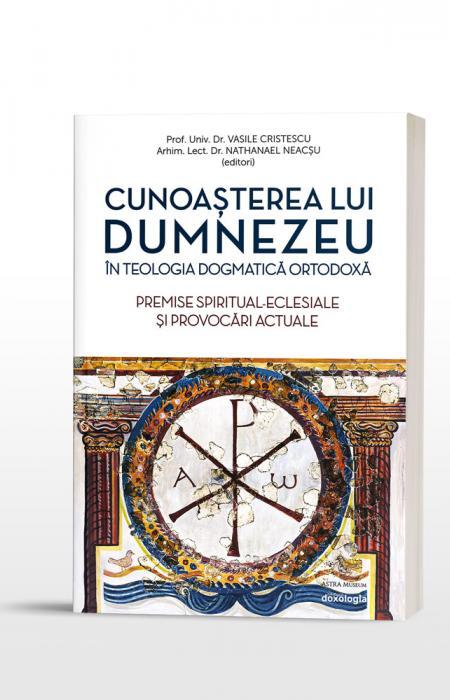
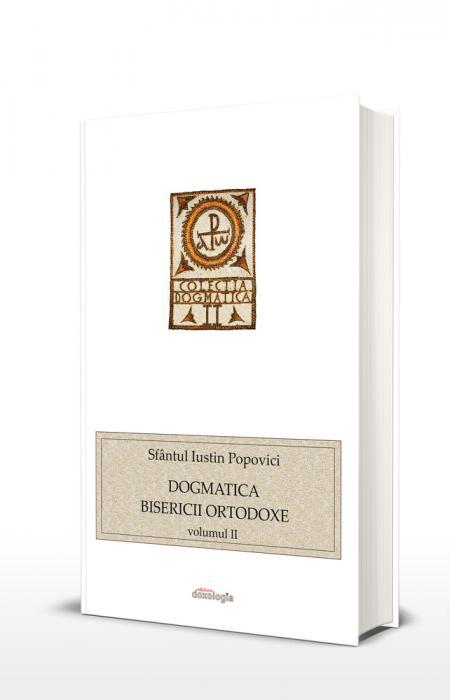
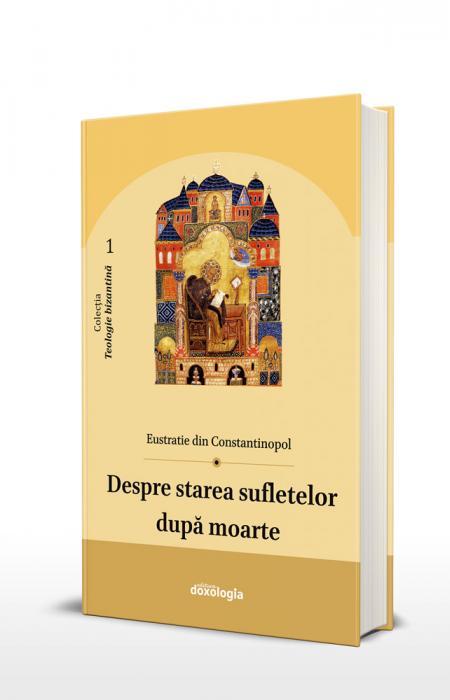
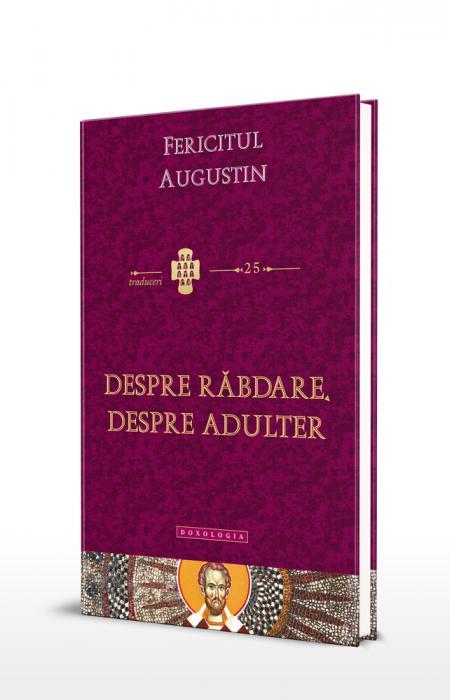
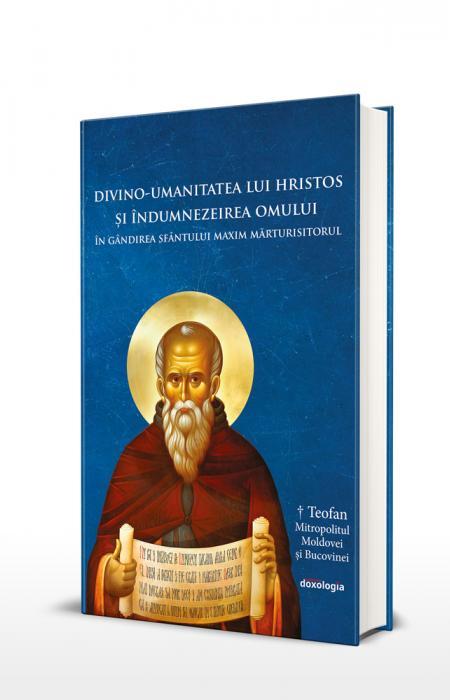

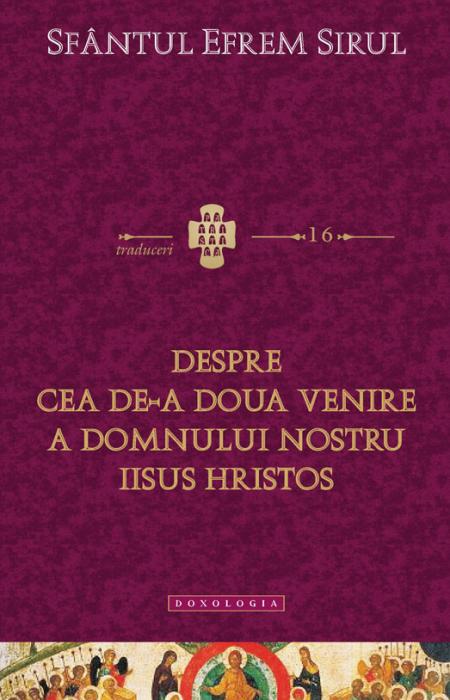
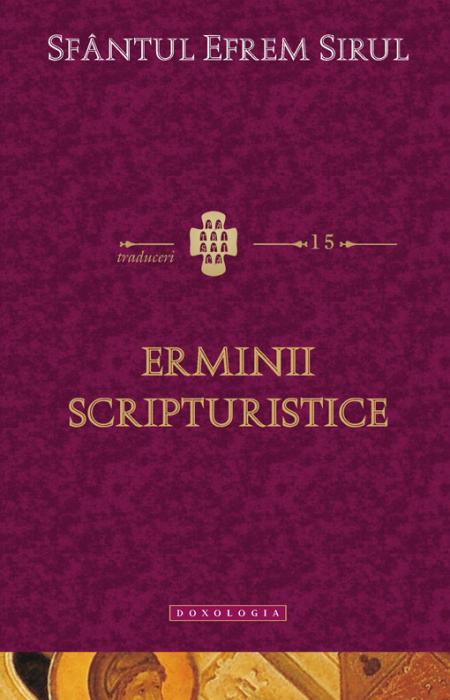
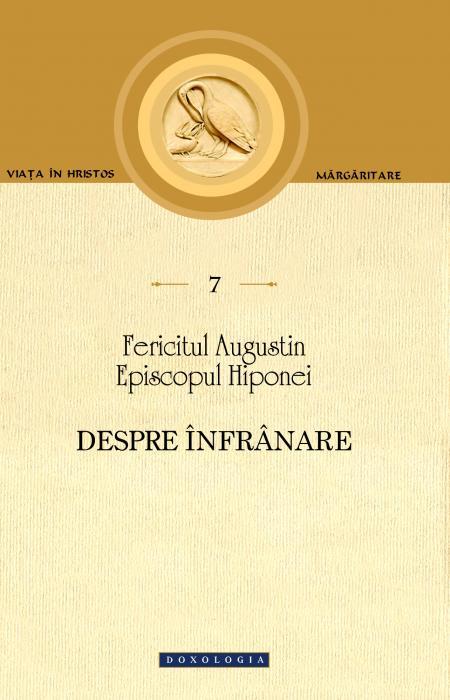
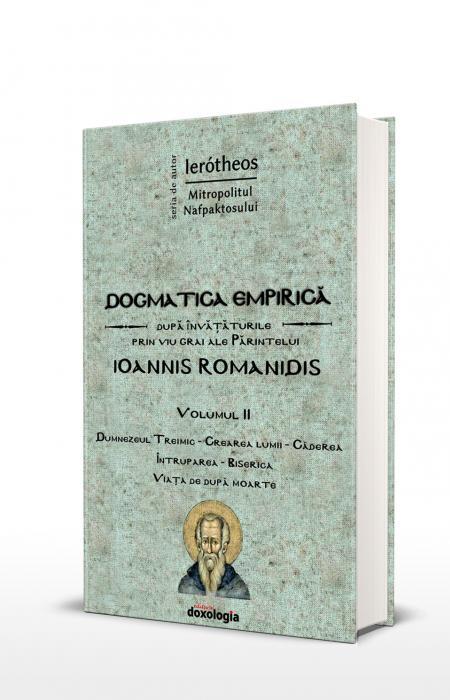

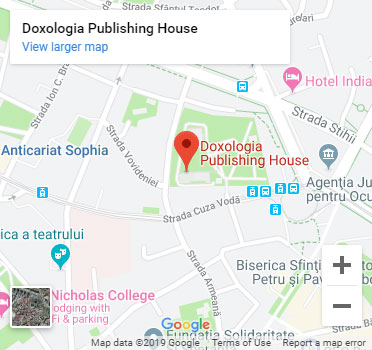
Add new comment